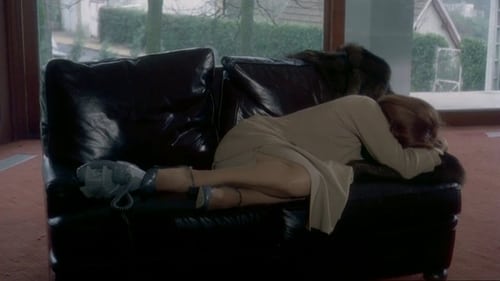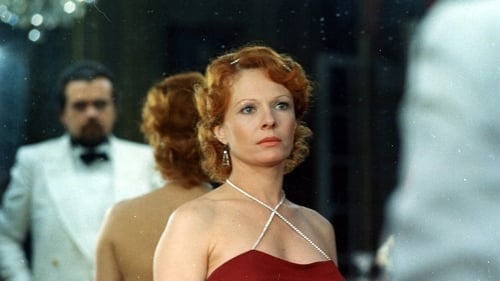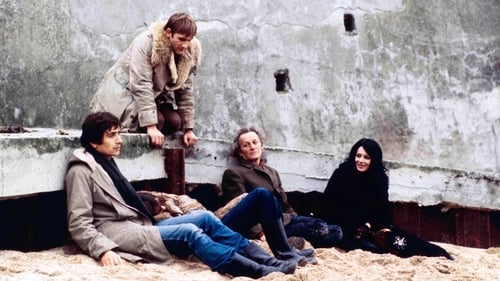
Writer
Ernesto, a seven-year-old boy who has the body of a thirty-year-old man, decides, upon attending his first day of school, that he no longer wishes to attend, because he does not wish to be taught matters that he does not know.

Director
Conversation between a woman (Duras) and a man (D. Noguez) about a woman and a man.

Director
This afterword to India Song (Duras' celebrated 1975 film) is organized in several parts. It begins with an interview to Marguerite Duras by Dominique Noguez, an expert in her work; the interview links the film to the two movies whom it's related to: The Ravishment of Lol V. Stein and The Vice-Consul.
Several themes are tackled: childhood, autobiographical traces, relationships between differents characters and different films and more. India Song's main actors — Delphine Seyrig and Michael Lonsdale, who played Anne-Marie Stretter and the French vice-consul — join the conversation and talk about their roles and their craft. Marguerite Duras then evokes her memories of the shooting with the composer Carlos D'Alessio and her camera operato Bruno Nuytten.
The conversations are punctuated by clips of the film.

N°230
Reel 24 of Gérard Courant’s on-going Cinematon series.

Director
A documentary about filmmaker Marguerite Duras.

Still Photographer
Um estudo de uma mulher fria e reservada que praticamente foi vendida pelo marido, um operador de edifícios, para se livrar de uma dívida de jogo.

Still Photographer
A esposa de um desonrado diplomata francês sofre de “lepra da alma,” outro termo para tédio. Por meio de uma mistura de fofocas fora de tela, ficamos sabendo da conduta escandalosa de Anne-Marie na Índia dos anos 30 e seu destino fatal gerado pelo tédio e pela culpa colonial.

Second Assistant Director
A esposa de um desonrado diplomata francês sofre de “lepra da alma,” outro termo para tédio. Por meio de uma mistura de fofocas fora de tela, ficamos sabendo da conduta escandalosa de Anne-Marie na Índia dos anos 30 e seu destino fatal gerado pelo tédio e pela culpa colonial.

Assistant Camera
A man returns to the place he once lived a passionate love affair with a woman who is now dead. So powerful are the emotions that seize him that he imagines she is still alive, and begins to live as if this were the case...

With little or no embellishment, filmmaker Marguerite Duras offers a simple, often wordless chronicle of a woman's day. She and her friend are seen doing yard work, talking about their families and receiving the occasional visitor. The brightest spot in the day is when a washing machine salesman comes to call.

“FUN AND GAMES (FOR EVERYONE): a pitch black and milky white film shot during one of Olivier Mosset's exhibition openings. A psychedelic game of improvisation joins the Zanzibar group with Salvador Dalí, Barbet Schroeder and Jean Mascolo... the solarized image reminiscent of thick strokes of a paintbrush.” - Philippe Azoury

Director
In this interview with Dominique Noguez, Marguerite Duras talks successively about each of her four short films made in 1979: Césarée, Les Mains négatives, Aurélia Steiner (Melbourne), Aurélia Steiner (Vancouver). She touches briefly on the various subjects dealt with: the return to Césarée of Berenice, repudiated for reasons of state, Jewish wandering, the scandal of the camps in the two Aurelia Steiner. Negative Hands as the colonial data of humanity, a film offered to the blacks and Portuguese who clean up Paris before leaving the place. Marguerite Duras also comments, with excerpts, on the various traveling shots that make up the main plot of each of the short films. And the documentary ends with a few words of epilogue: a real pamphlet by Marguerite Duras against dreams, significantly entitled Work and Words.








